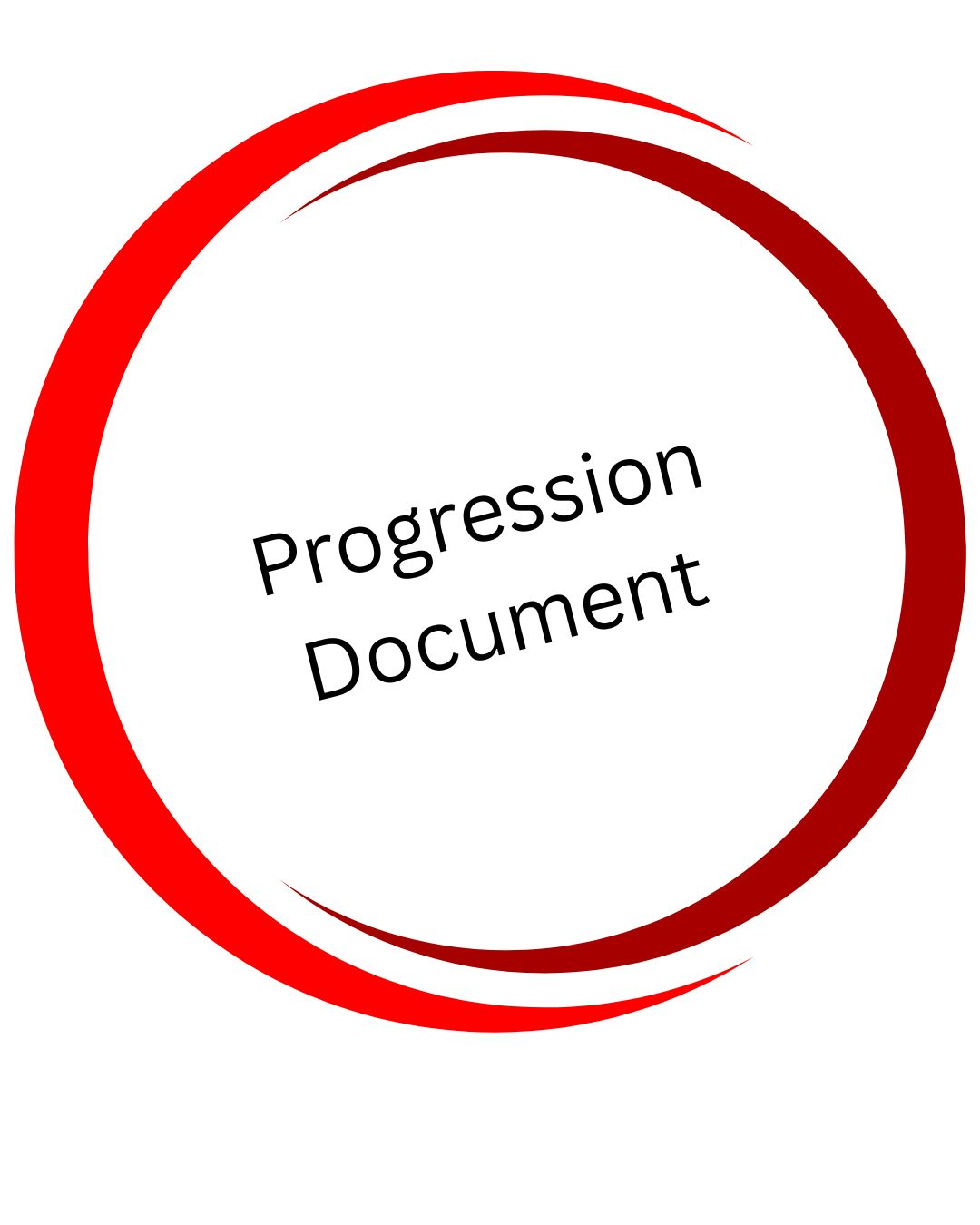
Purpose of study
Geography at The Cathedral School aims to inspire in pupils a curiosity and fascination about the world and its people that will remain with them for the rest of their lives. Teaching should equip pupils with knowledge about diverse places, people, resources and natural and human environments, together with a deep understanding of the Earth’s key physical and human processes. As pupils progress, their growing knowledge about the world should help them to deepen their understanding of the interaction between physical and human processes, and of the formation and use of landscapes and environments. Geographical knowledge, understanding and skills provide the frameworks and approaches that explain how the Earth’s features at different scales are shaped, interconnected and change over time.
Our school has a long standing link with a school in Embu, Kenya. For this reason, one of our units is based on studying Kenya and contrasting it with our local environment. This includes pen pal letters to and from Kenya and visits to and from Kenya for the teachers. This is funded through the British Council’s Connecting Classrooms scheme. It has been and continues to be a rich source of enrichment for our whole school community.
Aims
The Cathedral School for Geography aims to ensure that all pupils:
· Understand the processes that give rise to key physical and human geographical features of the world, how these are interdependent and how they bring about spatial variation and change over time
· Develop knowledge and understanding of how they and others live, and how the local environment affect this.
· Work towards competency in the geographical skills needed to:
a. Collect, analyse and communicate with a range of data gathered through experiences of fieldwork that deepen their understanding of geographical processes
b. Interpret a range of sources of geographical information, including maps, diagrams, globes, aerial photographs and Geographical Information Systems (GIS)
c. Communicate geographical information in a variety of ways, including through maps, numerical and quantitative skills and writing at length.
Please click the links below to see Progression Documents and Knowledge Organiser Example












